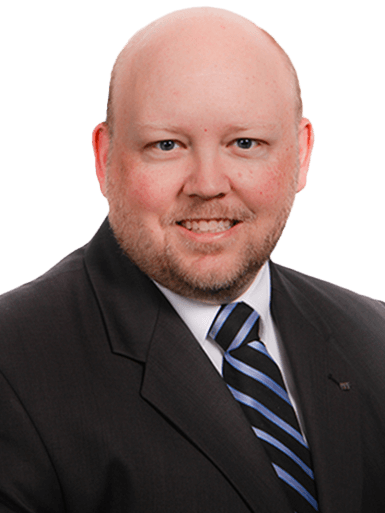IRS Proposes Substantial Changes to the Use of Donor Advised Funds
On December 4, 2017 the IRS issued Notice 2017-73 providing proposed regulations under Internal Revenue Code § 4967 and requesting comments on issues involving sponsoring organizations’ Donor Advised Funds (“DAFs”).
While these regulations are only being proposed at this time, Taxpayers may rely on the rules regarding fulfillment of donor pledges immediately.
Public Support Test Treatment of DAF Grants
Currently, donors could establish a DAF and use it to fund a separate public charity, and because the DAF distributions were not coming from the individual donors, the organization could achieve public charity status where it otherwise would be treated as a private foundation. DAF’s have also been used to circumvent the public support test for public charities by making what would otherwise be disqualified contributions through a DAF and thus having them count towards the public support test.
Under these proposed regulations, this use of DAFs to circumvent the excise tax rules applicable to private foundations and the public support test rules would no longer be permitted.
For the purposes of calculating public support percentage under these new proposed regulations, an organization receiving a grant from a DAF must treat:
- A sponsoring organization’s distribution from a DAF as coming from the donor that funded the DAF rather than from the sponsoring organization;
- All anonymous contributions as being received by one person; and
- Distributions from a sponsoring organization as public support without limitation only if the sponsoring organization specifies that the distribution is not from a DAF, or states that no donor or donor advisor advised the distribution.
If these regulations are approved, it will be difficult for organizations that receive a large amount of their support from DAFs to meet the requirements to be considered a public charity as distributions from DAF sponsoring organizations will be characterized as contributions from most donors and subject to the 2% total support rule.
Fulfillment of Donor Pledges
Traditionally, a contribution from a DAF should not be used to satisfy the personal pledge of the DAF donor or donor advisor. The IRS has clarified that certain distributions from a DAF that the distributee charity treats as a fulfilling pledge made by a donor, donor advisor, or related person would not result in a more than incidental benefit if:
- The sponsoring organization makes no reference to the existence of a charitable pledge when making the DAF distribution;
- No donor/ advisor receives, directly or indirectly, any other benefit that is more than incidental on account of the DAF distribution;
- A donor/ advisor does not attempt to claim a charitable contribution deduction with respect to the DAF distribution.
Note: This notice states that taxpayers may rely on these rules on fulfillment of donor pledges until additional guidance is issued.
Charity Events and Membership Fees
Certain distributions from a DAF used to pay for the purchase of tickets that enable a donor, donor advisor, or related person under Internal Revenue Code §4958(f)(7) to attend or participate in a charity-sponsored event would result in more than an incidental benefit and thus be subject to excise tax.
Note: This still applies if the DAF limited its distribution to only the portion of the ticket price or membership fee that is eligible for a charitable contribution and had the donor pay the non-charitable portion.
What Does AAFCPAs Advise?
While these regulations on public support treatment for DAFs are only proposed at this time, AAFCPAs advises organizations that only achieve public charity status through the use of DAF distributions to be prepared to meet their public support requirements without these, as it is very likely that this regulation becomes law.
The tax practice of AAFCPAs will continue to monitor developments at the Department of the Treasury and the IRS, and will keep you informed as regulations are finalized. If you have any questions please contact your AAFCPAs partner, or Josh England, JD, LLM at 774.512.4109, jengland@nullaafcpa.com.

